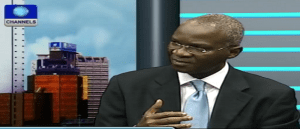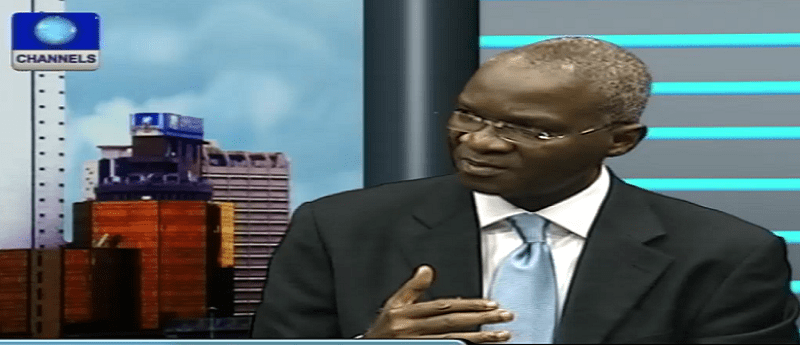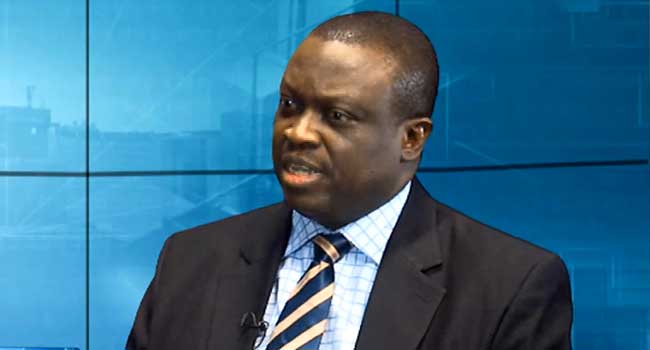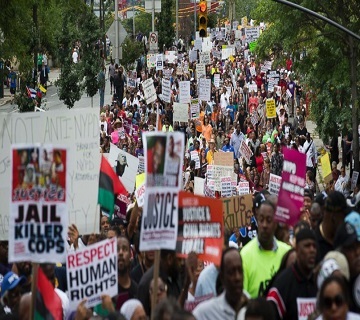
“If you measure the economy by the opportunity that it offers (jobs, business, number of banks, tele-density, internet penetration), or by the fact that this (Lagos) is the first market for food, goods and services… something definitely is happening here.
“The point I wish to stress is, that is not a reserved right. It is earned by hard work. It is earned by the work that many of my predecessors have done; work that we must not drop the ball upon because the right to remain the commercial centre is not a birthright. It is earned by hardwork.”
Appearing as a guest on Channels Television’s Business Morning, the Governor disclosed that expectations for the state’s economy have been met inspite of some unexpected challenges encountered. According to him, challenges have been tackled adequately as the state has the culture of “planning for the worst and hoping for the best.”
Lagos is “where everybody comes”, he said, highlighting vehicular traffic and migration (from within Nigeria and from across the continent), as pointers to the work the government is doing.
“There must be something happening here, otherwise there won’t be people coming here. They would (probably) be leaving.”
He stressed that the level of security, commitment to the protection of human lives, response level of the judiciary, emergency response and the containment of the Ebola epidemic in Lagos was a major indicator of how robust the health system and health capacity is.
“By many multiples, clearly, the economy is heading north”, he opined.
Speaking about the high unemployment rate inspite of the growing economy and increasing growth rate, Governor Fashola explained that the economy in Nigeria “is just about to start”, noting that the huge market size is in need of various services, including electricity, high tech hospitals and schools, 21st century type end to end transport system, etc.
He noted that the purchasing power of the population is a latent capacity that is yet to be unleashed.
He explained that poverty index is only a reflection of the things that are missing (in the economy), noting that the lack of power was a major determinant in the rate of unemployment.
He highlighted the importance of electricity to the economy, disclosing that petty traders had recorded a 40 percent growth increase as a result of trading at night, which had been encouraged by the street lights installed by the government.
Governor Fashola, however, said that power has remained one of the challenges affecting the growth of Lagos State but his administration did not look at the challenges and has so far been able to supply streetlights with power for over seven years.
“Over the last seven years we revived a night economy that had literally died.
“There was no pharmacy or filling station that was opened beyond 8pm but now most of them stay till 12 midnight.”
Governor Fashola explained that sometimes power can be limited because the distribution area in Lagos and Ikeja had been sold. “All of the assets in these distribution areas were provided by Lagos”.
Speaking on the Apapa light rails, he said that about four stations have been completed (Mile2, Alaba, Orile, Costain) which he says is a track of about 7km and now crossing from Costain to Marina which is about 5km.
He noted that the project should be finished by 2015, but further stressed the need for power to be available in order to make workflow easy.




